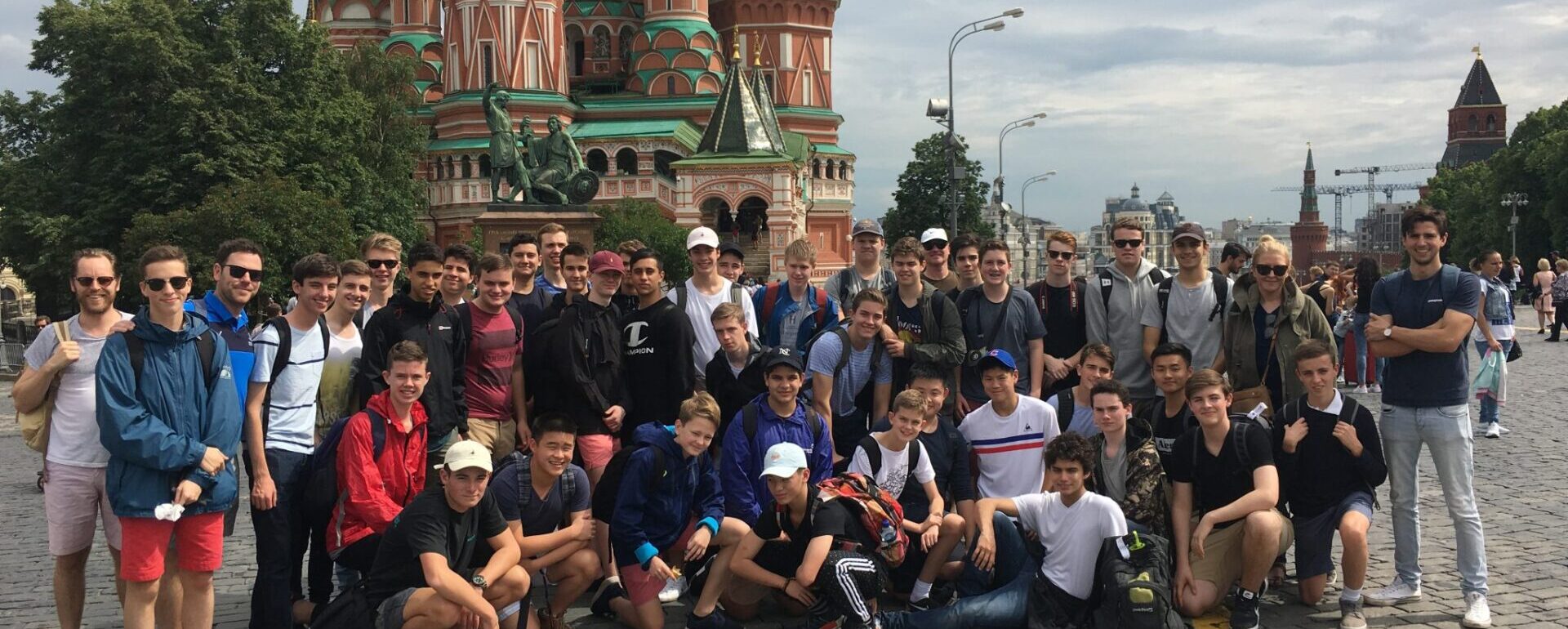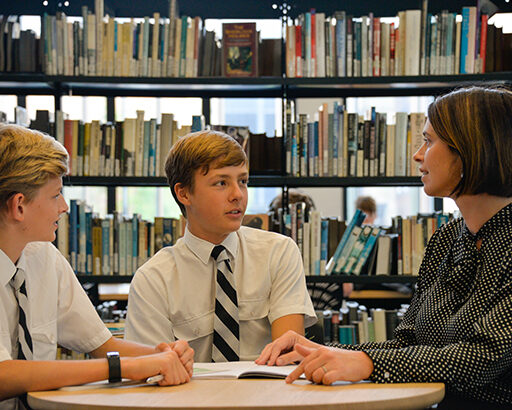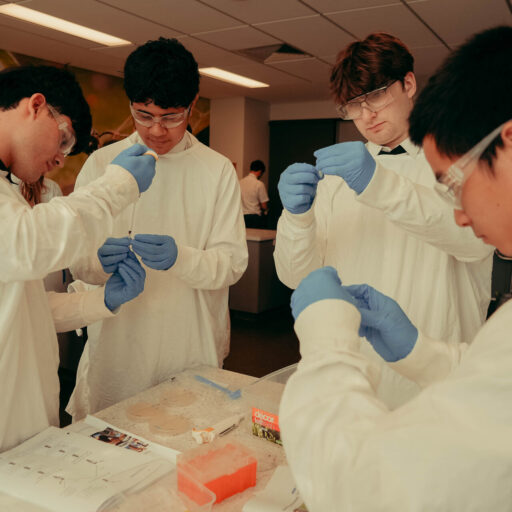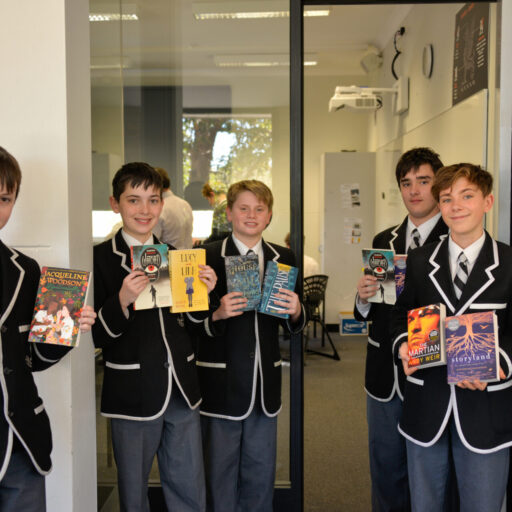These winter holidays 40 boys and 5 staff had the privilege of spending the holiday period travelling across Europe exploring several places which bare relevance to the history courses in Civics, Elective, HSC Modern and IB History.
“From the Romanov’s lavish Winter Palace in St Petersburg, to the French and German trenches at Verdun, to the haunting remains of Dachau Concentration Camp, boys saw things which will add immeasurable colour and depth to how they understand modern History” said History teacher Mr Alex Fisher.
The trip kicked off in Russia where the tour group spent four days in Moscow and St Petersburg. The boys visited several sites relevant to both the Russian Revolution as well as the Soviet Union’s existence during the Cold War. Highlights included the Armaments Museum in Moscow and a visit to the world famous Hermitage Museum at the Winter Palace, which was stormed by Lenin and his Bolshevik supporters on the eve of the Revolution.
For Year 11 student Jack Alscher, going to Russia was a highlight of the tour. “For all of us, before going on tour, we had understood Russia to be this hostile, different, second world country, but after spending a few days in both Moscow and St Petersburg, we began to realise just how wrong we were”.
He adds, “What was most impactful for all of us, was the more we were immersed in the country and interacted with locals, the more we understood that Russia is just like any other country – people were not “bad or good” in the same way people in Australia aren’t “bad” or “good.” People were willing to hope, to dream, to believe in a better future – what we hear on the news about Russia isn’t indicative of the entire population. And that realisation was definitely a highlight of the tour”.
After Russia, the Black and White brigade then caught a very early flight to their next destination, France. After a full day taking in the sights of Paris, they headed north to Amiens and the battlefields of the First World War. Outside this beautifully quaint canal town on the Somme River are several very tangible remnants from the War, some boys even managed to collect a few of them!
It was a very sombre and humbling experience to be there on the 101st anniversary of the Battle of the Somme and visiting the British, German and then Australian graveyards proved to be a very emotional experience said Newington teacher, Mr Justin Verco.
“The boys all were able to gain some form of empathy with these young men not much older than them who had travelled across the other side of the world to give their life for their country”.
The tour’s next stop was the French stronghold of Verdun. A central focus of attack for the Germans during the War and again, littered around this beautiful town are the pockmarks of shells, trenches and artillery that still scar the earth.
Harry Quinn said about his impression of Verdun “Upon entrance of the memorial, there were tomb-shaped structures filled with unknown soldiers’ bones which was an eye opening experience”.
“Being on this tour, and seeing the places upon which our ancestors fought in such rough conditions makes me appreciate what they did and what their office was like for years”.
After France, a bus commanded by an ever cheerful and willing driver Louis, headed west to take the touring boys and their esteemed teachers to Germany. The New team were to spend ten days in this diverse, forward-thinking nation with the first stop being the beautiful old university town of Heidelberg, very much a town still stuck in a time warp. The city featured an imposing medieval castle overlooking the market town and ancient bridges below.
The boys then traversed across the country to the capital, Berlin – a modern, functional and vibrant metropolis very much reinventing itself after a torrid history during the 20th century. Their visit was essentially split in two; Berlin during the second world war and Berlin during the cold war. Visits to the Luftwaffe headquarters, the remains of Hitler’s bunker, Checkpoint Charlie, the Berlin Wall and the impressive Stasi museum gave the boys a great insight into how much the city had been through since the 1930’s.
They then then ventured south to visit the Bavarian cities of Nuremberg and Munich. Another beautifully kept medieval town, Nuremberg’s visit included seeing some of the preserved Nazi parade grounds as well at the courtroom where several key Nazi figures were tried for war crimes after the War. The walking tour through the buzzing city of Munich also highlighted the important role the city played in the rise of Nazism.
The last stop of the 2017 Modern History tour was the picture perfect alpine city of Salzburg. With a first day scheduled with plenty of free time, the boys’ experiences varied from visiting Mozart’s birthplace to shopping in the city centre to being lead on a Sound of Music tour by Mr Justin Verco himself who confesses to being the most enthusiastic about Roger and Hammerstein’s musical.
The following days were a great way to finish the tour with a visit to the Hohenwerfen castle and the Ice Caves nestled deep in the foothills of the alps on a brilliantly sunny day gave all and sundry some fantastic background vistas that should be adorning iPhone, iPad and computer wallpapers for many years to come. This was followed by a visit to Hitler’s Eagle Nest and the Nazi stronghold of Obersalzberg, again set amongst breathtaking (albeit foggy on this day) scenery.
Overall, the boys gained a wealth of knowledge from seeing the places and spaces that had only previously been represented and imagined in the classroom.
While it’s a major undertaking to take 40 boys on tour in Europe for three weeks said Mr Fisher, the maturity and curiosity of the boys made the experience worthwhile,
“We were so pleased with how the boys engaged with the tour. Every day we had a student presentation on piece of locally significant history. Students made connections between reading and research they had done and asked wonderful questions. They especially impressed us with their reflections on the designs of museums and memorials we visited”, said Mr Fisher.
A big thank you to Mr Fisher, Mr Ruddock, Mr Verco, Mr Kenny and Miss Christian for their enthusiasm, wealth of knowledge and care.
“History isn’t just a textbook, limited to knowledge that’s only gained for the purposes of inserting it into an essay – it has important relevance for our entire lives”, said Jack Alscher on reflection.
“That was the most important message I took out of going on tour”.




